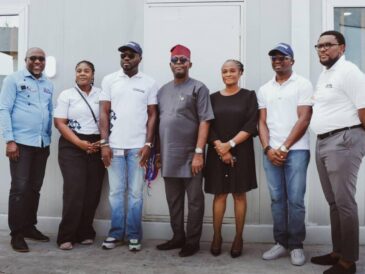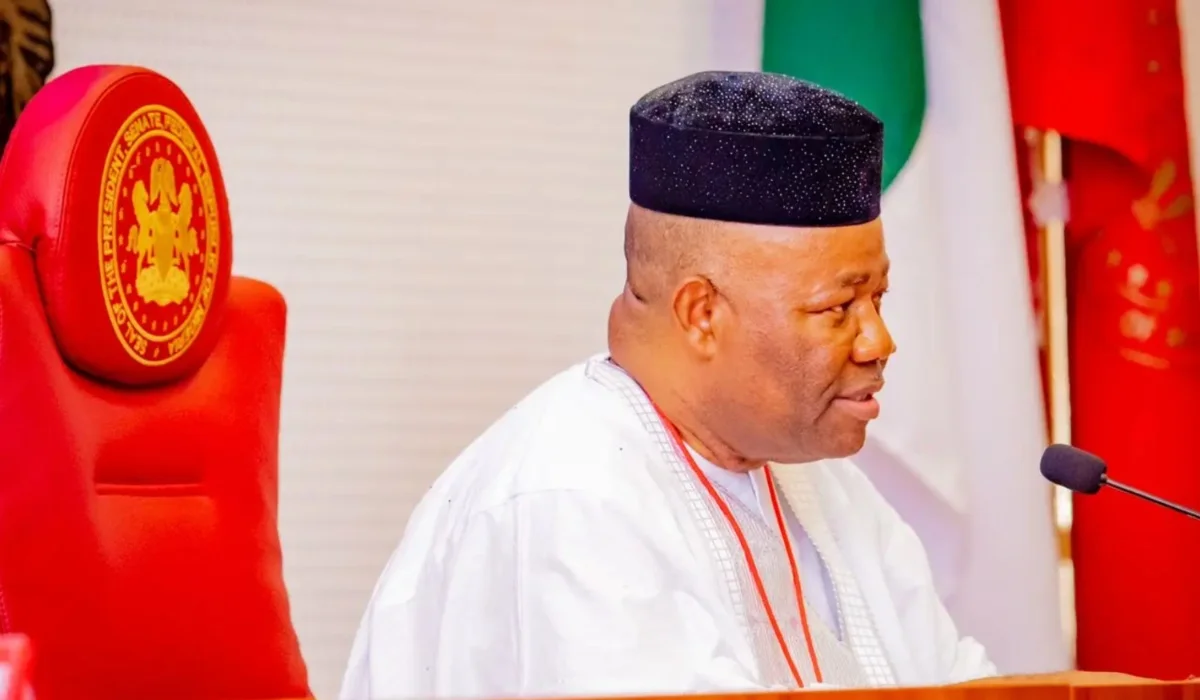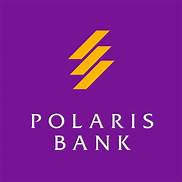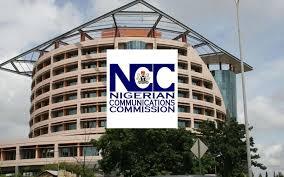Lagos, Jan. 30, 2025 – The federal government may realise about N1.6 trillion in tax revenue from the 50% tariff hike just approved by the Nigerian Communications Commission (NCC) for telecom operators in the country.
The Global System for Mobile Communications Association (GSMA) said this in a statement.
It said the tariff hike could unlock over $150 million in additional investments in the sector and expand the 4G network coverage from the baseline 90% to 94% of the population.
The GSMA also said about nine million people, with nearly two million expected to gain access to mobile internet services based on current adoption levels in rural areas.
It described the tariff hike as a significant step toward bridging Nigeria’s digital divide, adding that the decision was a major step forward for consumers and the economy.
Angela Wamola, the Head of Sub-Saharan Africa at GSMA, said: “This decision by the NCC is an important milestone for Nigeria’s digital future.
“By enabling sustainable investment, we are improving the quality of service for consumers and fostering opportunities for innovation and economic growth.
“However, to fully unlock the potential of this reform, it is critical to implement additional measures such as simplifying Right of Way permits, implementing a critical national Infrastructure plan, and reducing the mobile sector’s tax burden.
“It is estimated that increased digitalisation in agriculture, manufacturing, transport, trade, and the government will increase GDP by around two percentage points by 2028. This would also create nearly two million jobs and raise an additional N1.6tn in tax revenue.
“This milestone reflects the successful partnership between the Nigerian government, industry stakeholders, and the GSMA, demonstrating how collaborative policy reforms can drive economic development and digital inclusion.
“By advocating for policies that balance affordability with the need for sustained investment in infrastructure, the GSMA has played a critical role in ensuring the benefits of mobile connectivity are accessible to all Nigerians.”





